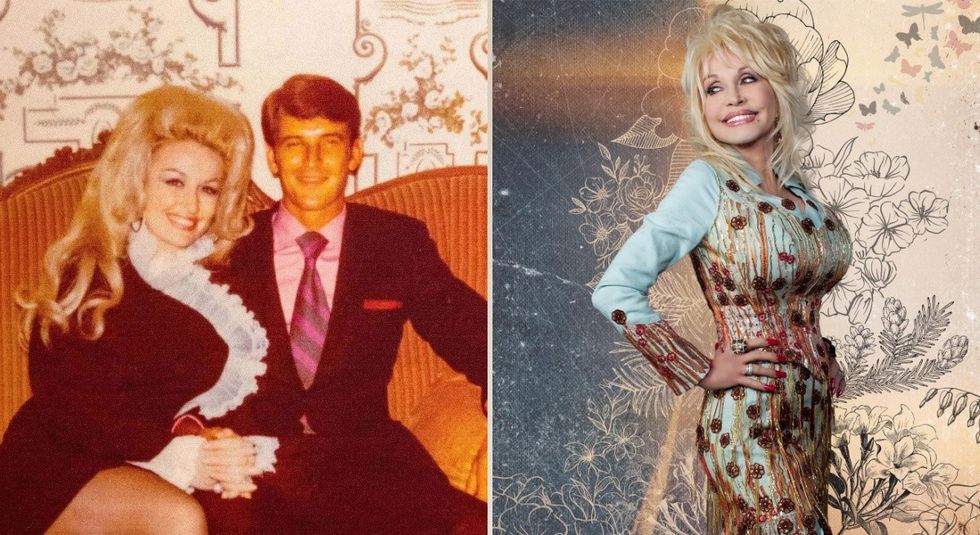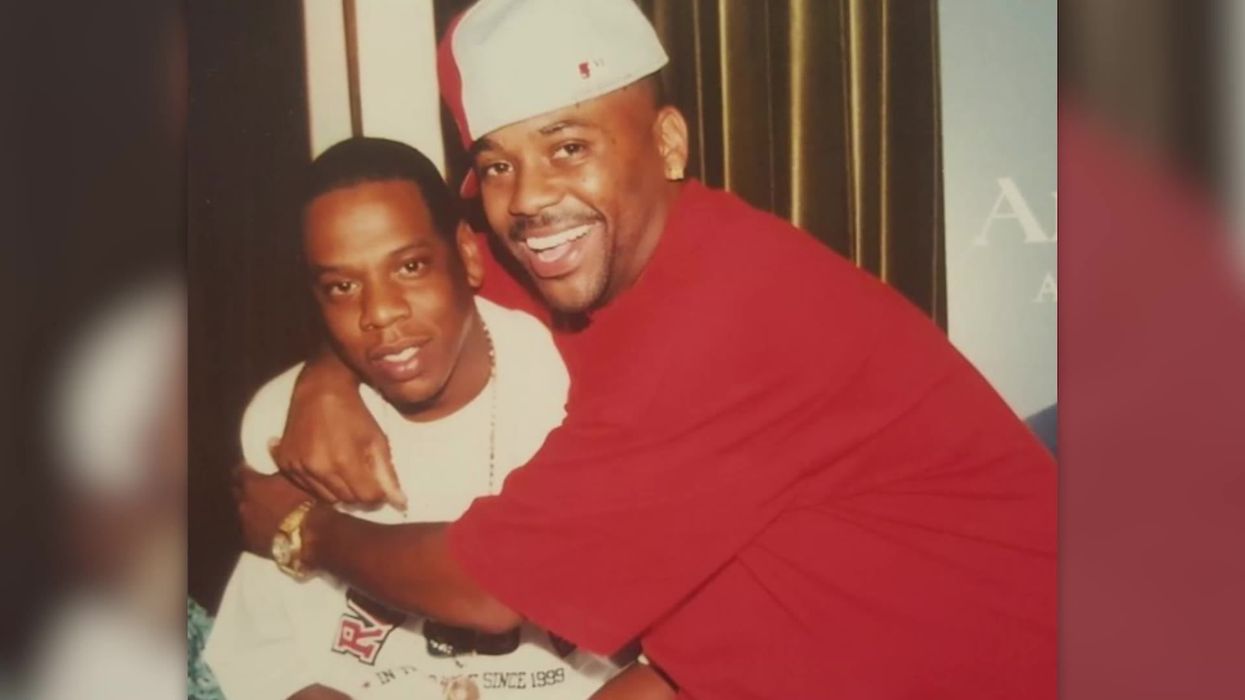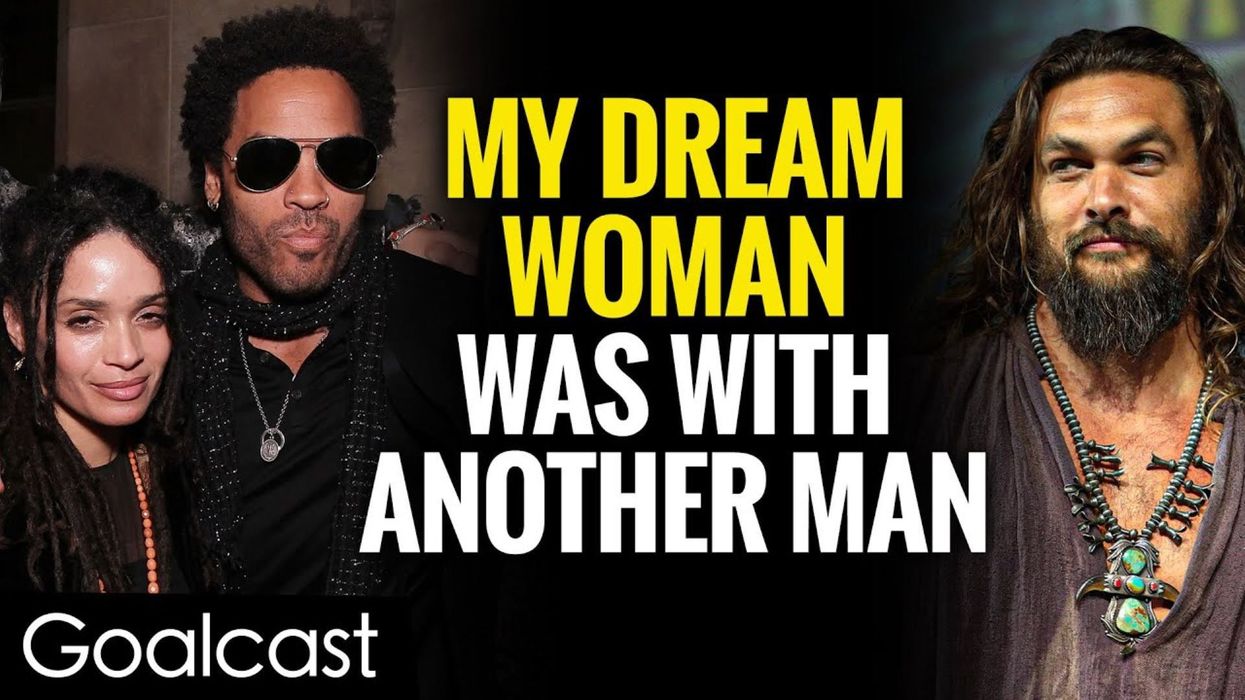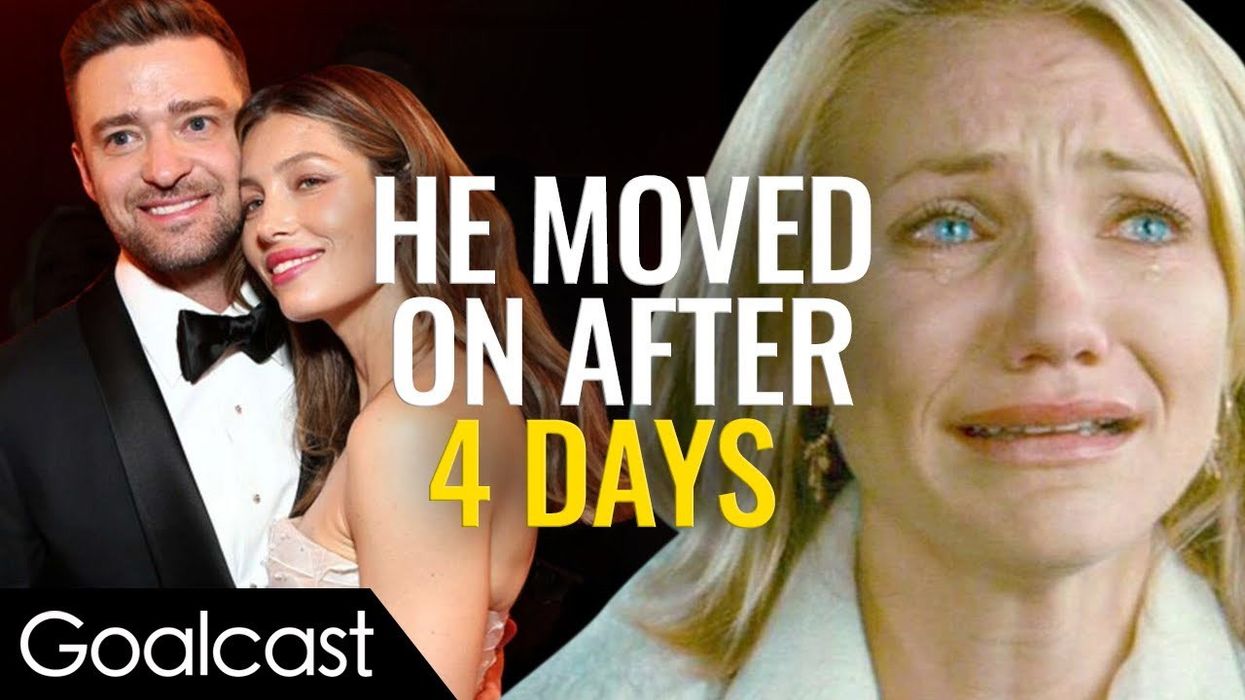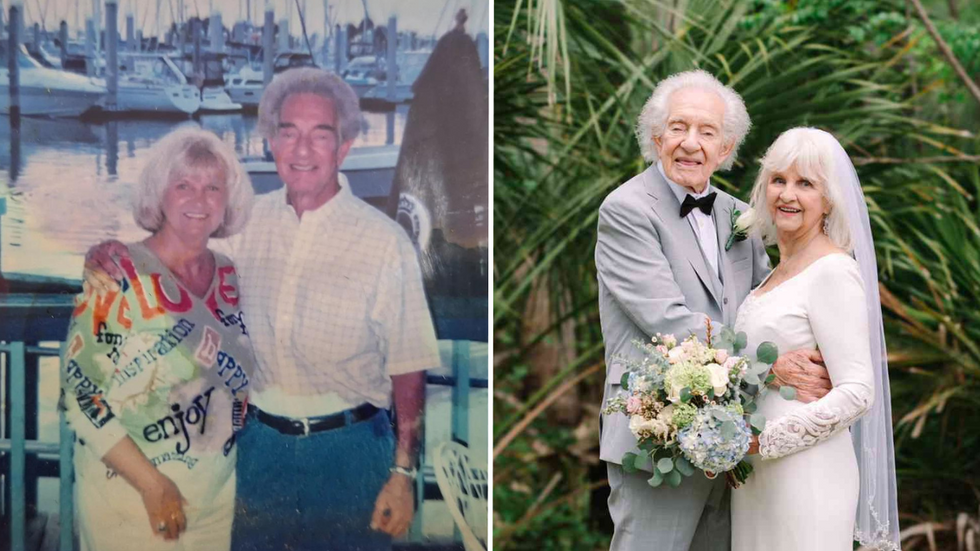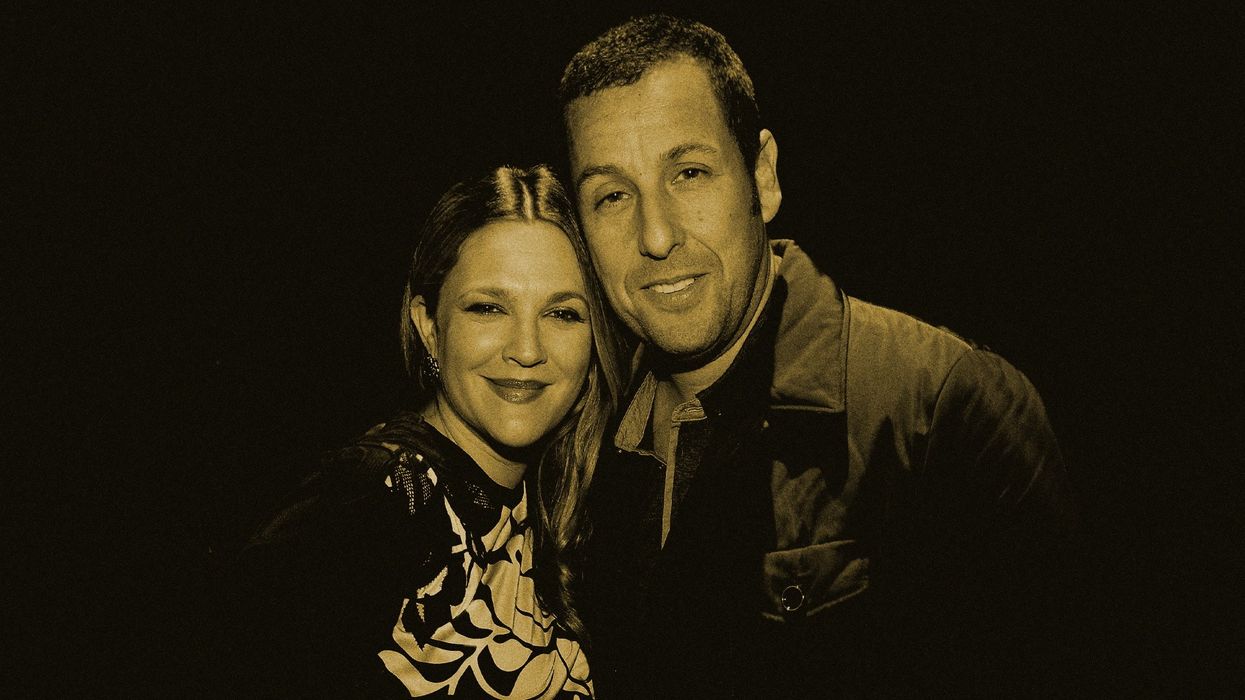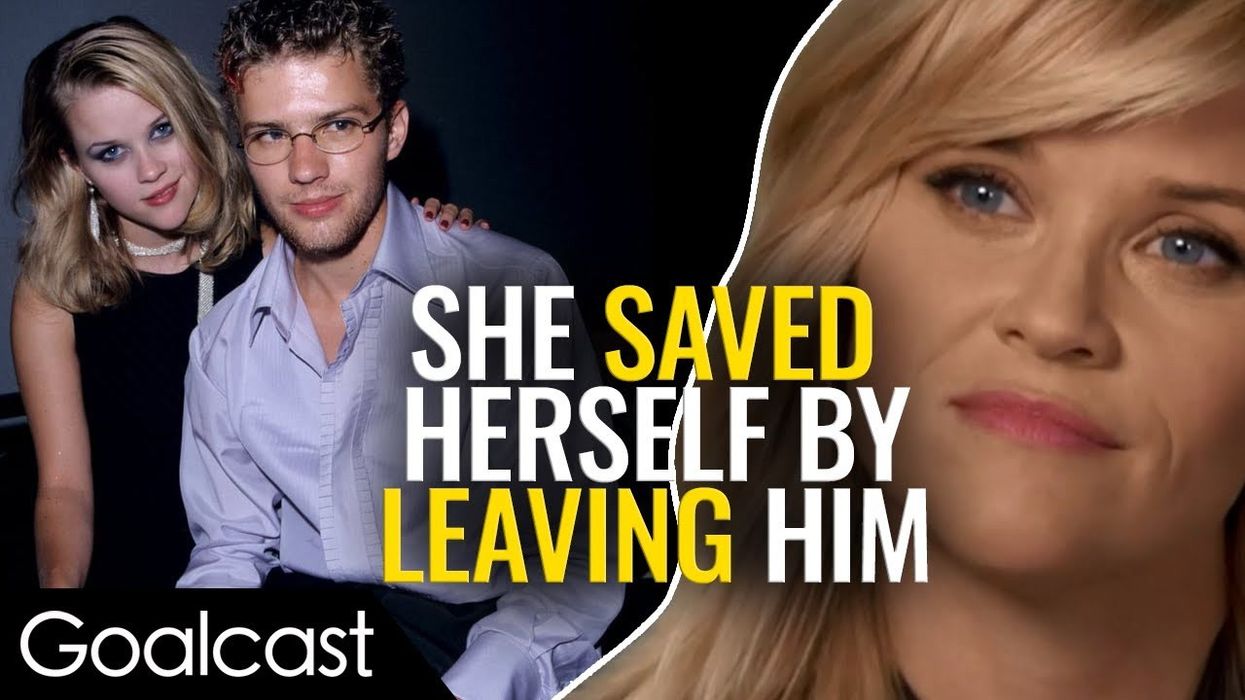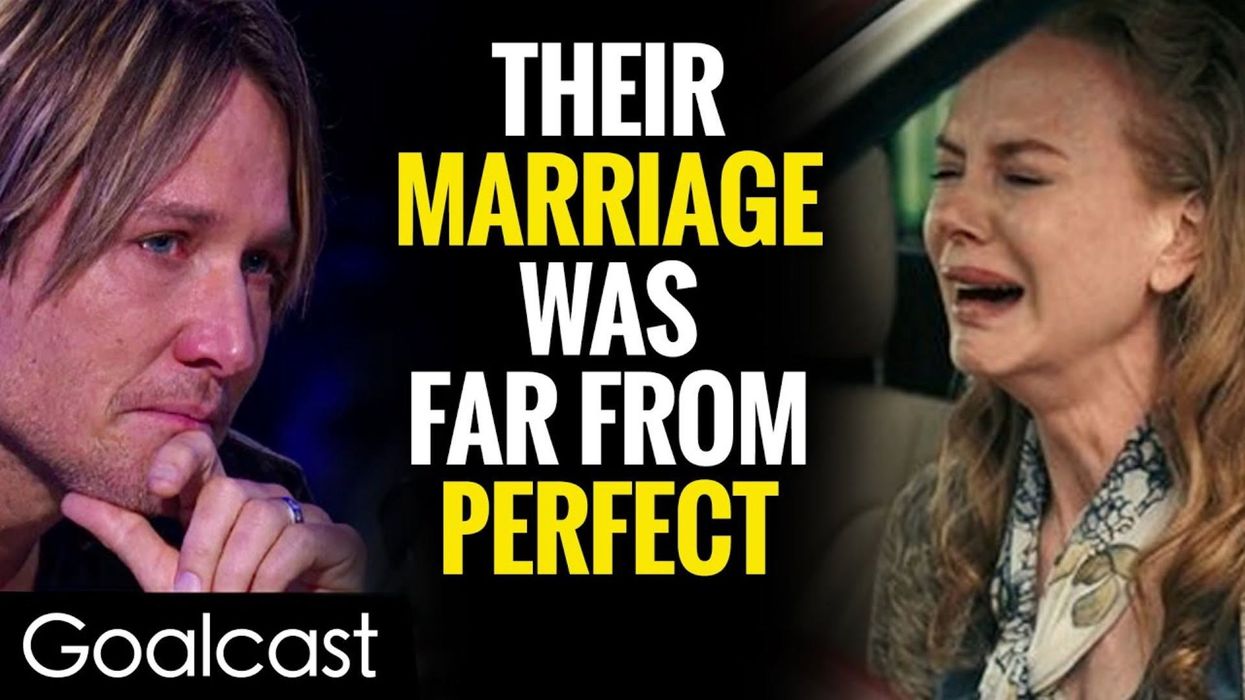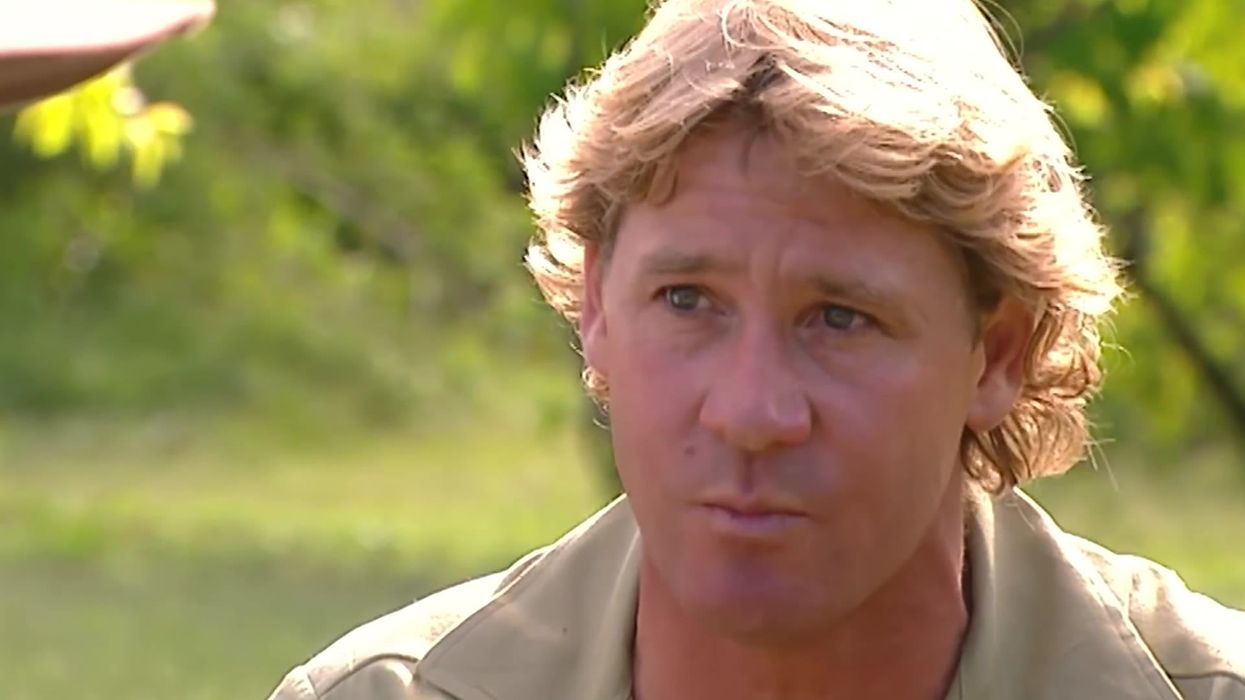
3 Must-Ask Questions to Avoid Becoming a Self-Help Junkie
Are you the type of person who has read Tony Robbins’ books multiple times? Do you watch motivational videos every morning and get pumped up?
If so, that’s fantastic, because it means you’re on a personal development journey. Now, what would you say if I asked you how your life has changed since you started studying personal development, reading the books, and watching the videos? Do you feel happier? Are you more successful in your career? Do you wake up excited to work on your goals?
Or, have you been working on personal development for a couple of years without noticing drastic improvements in your life? If so, that’s not personal development. In fact, you might be a self-help junkie.
3 Must-Ask Questions to Avoid Becoming a Self-Help Junkie
Knowing is not enough; we must apply. Willing is not enough; we must do.- Johann Wolfgang von Goethe
A self-help junkie can go to a party and tell people how they can change their lives. That’s the easy part. We can all read self-help books and feel like we know more than other people. But is that what personal development is really about?
I’ve watched so many videos on spiritual enlightenment that I could pretend to be an enlightened being and use that "knowledge" to position myself as a spiritual teacher.
That, however, would be false advertising. I’ve spent a few months meditating for 25 minutes a day, and let me tell you, it hasn’t turned me into a spiritual teacher.
1. How has your mindset changed?
How has your mindset changed since you started your personal development journey?
For profound changes to occur in your life, there must be a shift in your beliefs. The simple fact that you’ve started working on personal development is an example of a shift in your beliefs.
You’ve realized that you aren’t a powerless victim of your environment. You’ve seen that you have the power to make major changes in your life. Not everybody thinks that way. In fact, many people don’t believe they have any control over their lives, so you’re in a good place if you believe that you do.
Yet, like anything else, personal development can easily turn into an addiction.
Consider the following scenario:
You read self-help books and feel great about yourself. Suddenly, you feel so empowered that you believe anything is possible. It gives you such a high that you buy book after book and watch video after video. It feels so good to have all this knowledge in your head. You may even start believing that you’re superior to other people. After all, you’re so much more aware and knowledgeable than the average Joe.
The last thing you want to do is to come back to reality. You want to stay high by consuming information instead of taking concrete actions in the real world.
You may start telling everybody that they have the power to change their lives, despite having little to show for your own life.
You’re still at the same job. You’re not any happier than you were before you began working on personal development. You’re not making more money. Fundamentally, nothing has changed. So you keep getting high on self-help books and videos. You keep telling yourself that personal development takes time.
You’re planting the seed -- and it’s true that personal development takes time. You do have to be patient. However, there’s something you forgot to do: close your books and water the seeds by taking relentless, daily action.
Have you ever experienced any of this? If so, you’re likely a personal development junkie.
2. How has your behavior changed?
How has your behavior changed since you started studying personal development?
When you have new insights that shatter your vision of reality, profound behavioral changes tend to occur. One day something clicks and, for some reason, you just “get it.” You might wake up one day thinking “Oh! I’m not achieving the results I want because I’m not sticking to my goals long enough!” or “Oh! I’m not succeeding because my expectations are flawed and I need to be more patient!”
These insights may be things that you’ve known for weeks, months, or even years on a purely intellectual level. If you’re genuinely progressing, however, these realizations are different. You get it on a deeper level, and that’s when things start to change.
So, how has your behavior changed? What new habits have you formed? How have they led to better results in your life?
Did you start meditating on a daily basis? Did you start setting specific goals? Did you start eating healthier than before? Have you started exercising on a regular basis?
If you haven’t gotten the results you expected, ask yourself this: How has my behavior changed since I started studying personal development? Follow up by asking yourself whether you’ll achieve your goals if you keep doing what you’ve done today.
3. How have your emotions evolved?
How have your emotions evolved since you started personal development?
Real personal development must lead to changes in how you feel and in how you respond to and express your emotions. How have your feelings changed since starting your journey? Do you feel more content? Do you appreciate life on a deeper level? Are you excited to wake up every morning? Do you have a stronger sense of purpose?
Note the changes you experience may not always be positive. Real personal development doesn’t make you feel good all the time. It’s not a magic pill, but rather a roller coaster of emotions. Sometimes, what you learn changes your entire view of the world. This can be quite depressing. Sometimes, you have to look at yourself and others with unflinching honesty, which can be very painful. On other occasions, it forces you to make challenging decisions, such as changing your career or ending a toxic relationship.
So, do you ever experience a roller coaster of emotions?
If not, chances are that you’re not doing real personal development. You’re merely staying at the surface, dipping your toe in every so often. You’re keeping things superficial and feeling good about all the so-called knowledge you’ve accumulated. While that may be fine for a while, it will never bring you the results you want in the long run. For that, you’ll have to go deeper.
Personal development requires emotional labor. That’s why most people don’t do it and turn into self-help junkies instead. It’s more enjoyable and gives them the illusion that they’re making progress. As a result, they end up staying stuck in the same place they were before starting their personal development journey.
Time to roll up your sleeves
Real personal development is not mental masturbation. It’s not a hobby. It’s real and intensive hard work.
To change your life, you must be willing to transform your mindset. You have to accept yourself as you really are. You also have to take the actions necessary to get from where you are to where you want to be. If you don’t do any of these things, you’re just kidding yourself.
So, are you truly practicing personal development?
I’d like to hear from you. Leave me a comment below with your answer to one (or more) of the following questions about your personal development journey:
- How has your mindset changed?
- How has your behavior changed?
- How have your emotions changed?















